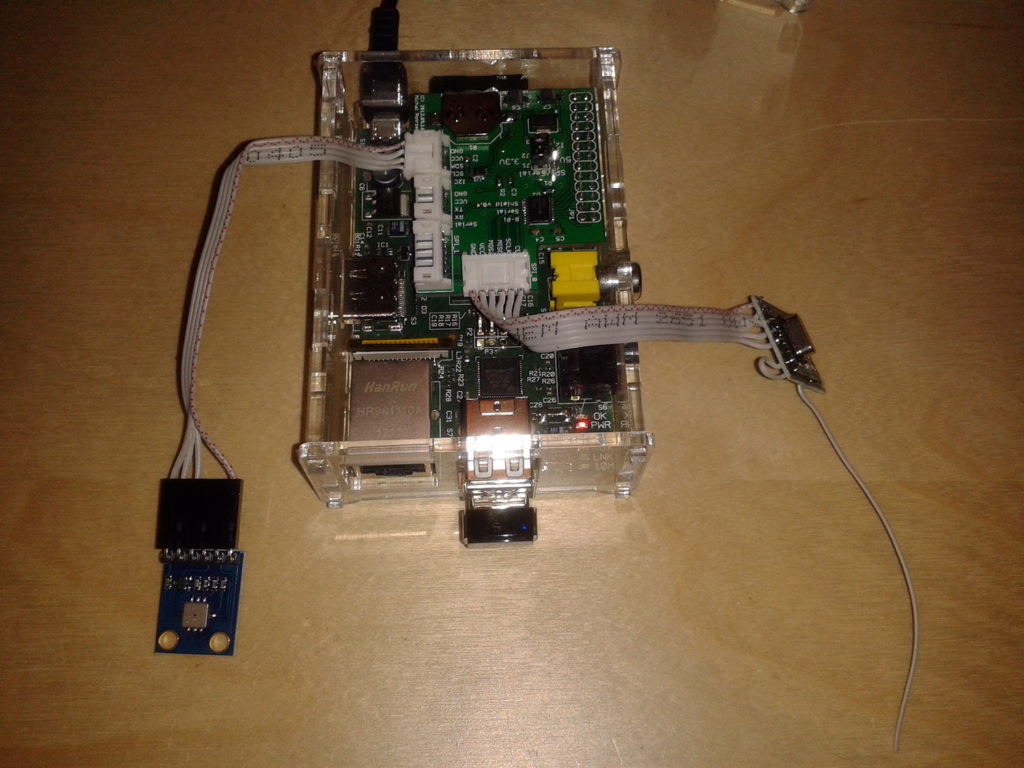Here in Poland ZTE MF823 USB 4G modem is one of the most popular devices bundled with LTE data plans. I’ve got two of these – one from Play and the other from Plus GSM.
It’s one of those driverless modems which appear as a network interface (using cdc_ether driver under Linux) and have an embedded web server for management. This modem (?) also has a DHCP server and performs traffic routing with NAT.
Here comes my problem with the device. It assignes IP addresses from 192.168.0.0/24 pool which collides with my home network (192.168.0.0/22) and unfortunately, there is no option to change the IP address by using the web interface.

